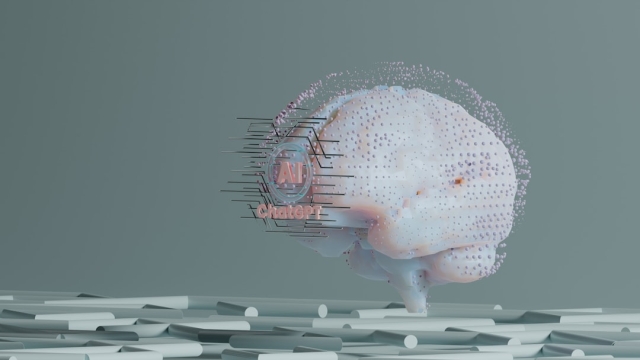Machine Learning in Healthcare Diagnosis and Treatment
Machine learning has become an integral part of various industries, transforming the way data is analyzed and decisions are made. By enabling systems to learn from data patterns and improve over time, machine learning applications are revolutionizing fields such as healthcare, finance, and retail. These applications not only enhance efficiency but also lead to better outcomes, illustrating the profound impact of machine learning on everyday life.
Machine Learning in Healthcare: Diagnosis and Treatment
The healthcare sector has experienced significant advancements through machine learning applications, particularly in diagnosing diseases and tailoring treatments. For instance, machine learning models can analyze vast amounts of medical data, including patient history, lab results, and imaging studies, to identify patterns that may not be evident to human clinicians. This capability aids in early detection of conditions such as cancer, where timely intervention can be crucial.
One notable example is the use of machine learning algorithms in radiology. By training models on thousands of medical images, these systems can assist radiologists in identifying tumors or abnormalities with a high degree of accuracy. Furthermore, machine learning can be employed to predict patient outcomes based on historical data, allowing healthcare providers to develop personalized treatment plans. As a result, patients receive more effective interventions tailored to their specific conditions, ultimately improving their chances of recovery.
Machine Learning in Finance: Fraud Detection and Risk Management
In the financial sector, machine learning applications play a vital role in enhancing security and minimizing risks. One of the primary uses is in fraud detection. Financial institutions leverage machine learning algorithms to analyze transaction patterns and identify anomalies that may indicate fraudulent activity. By continuously learning from new data, these systems can adapt to emerging threats, making them more effective than traditional rule-based methods.
Additionally, machine learning assists in risk management by analyzing market trends and customer behavior. For example, credit scoring models utilize machine learning to assess the risk associated with lending decisions. By evaluating a wide range of factors, including credit history, income levels, and spending habits, these models provide a more nuanced understanding of a borrower’s creditworthiness. This leads to better-informed lending decisions, reducing the likelihood of defaults and enhancing the overall stability of financial institutions.
Machine Learning in Retail: Personalization and Inventory Management
The retail industry has also embraced machine learning applications to improve customer experiences and streamline operations. One significant area is personalization. Retailers analyze consumer behavior and preferences through machine learning to offer tailored recommendations, enhancing customer satisfaction and loyalty. For example, e-commerce platforms often use algorithms to suggest products based on past purchases and browsing history, creating a more engaging shopping experience.
In addition to personalization, machine learning is instrumental in inventory management. By predicting demand for various products, retailers can optimize stock levels, reducing the risk of overstocking or stockouts. Machine learning models analyze historical sales data, seasonal trends, and external factors to forecast future demand accurately. This not only helps in maintaining an efficient supply chain but also increases profitability by ensuring that the right products are available at the right time.
The Future Potential of Machine Learning Applications
As machine learning technology continues to evolve, its applications across various sectors are expected to expand significantly. The potential for advancements in predictive analytics, automation, and decision-making processes can lead to even greater efficiencies and innovations. Industries will likely see improved processes in areas such as drug discovery in healthcare, algorithmic trading in finance, and enhanced customer engagement in retail.
In conclusion, the applications of machine learning are vast and varied, with the power to transform industries by enhancing efficiency, accuracy, and personalization. As organizations increasingly adopt these technologies, the implications for the future are profound. Embracing machine learning not only positions businesses to thrive in a competitive landscape but also contributes to a more data-driven world.
For further insights into machine learning applications and their transformative potential across different sectors, consider exploring additional resources available at Versusly.



